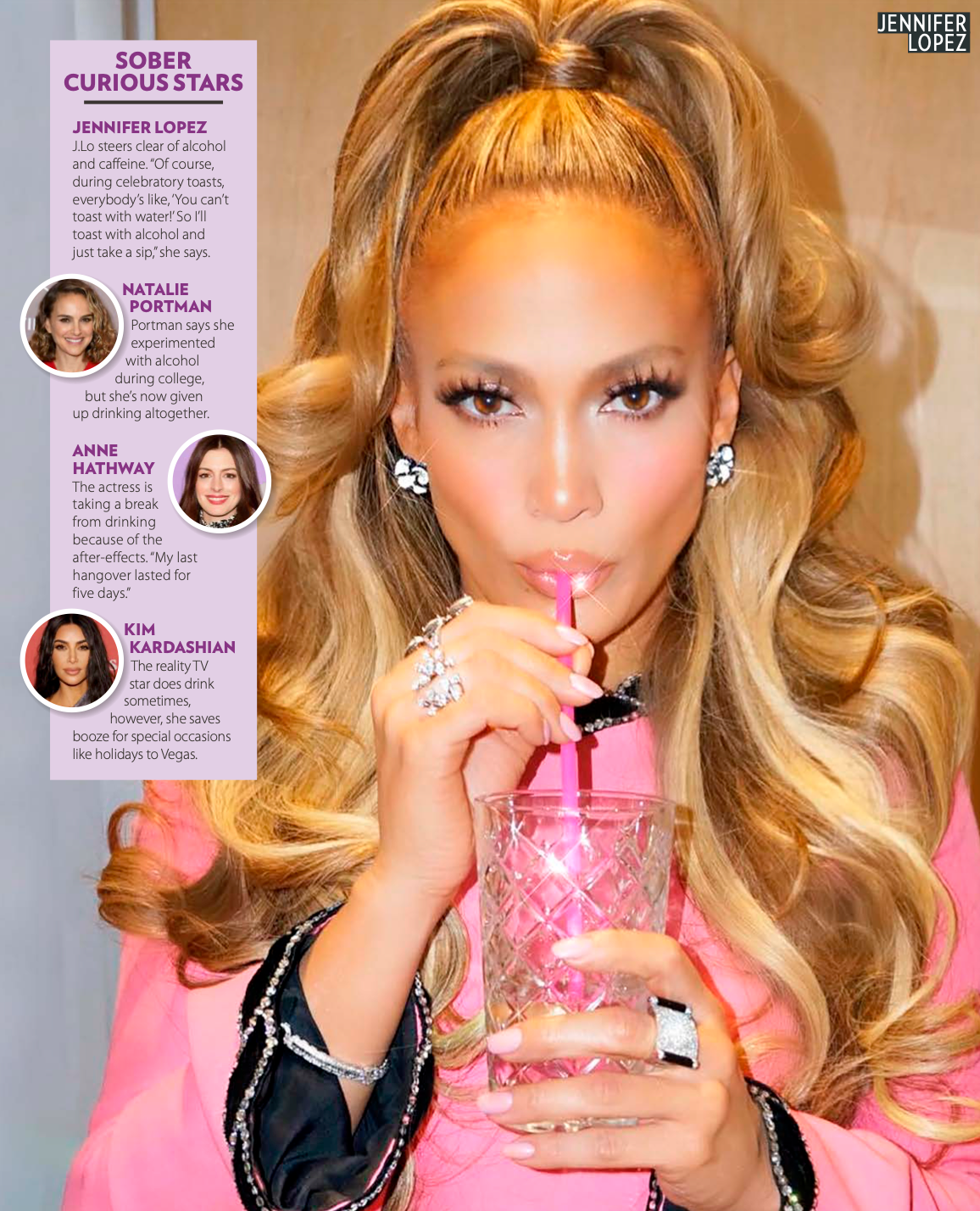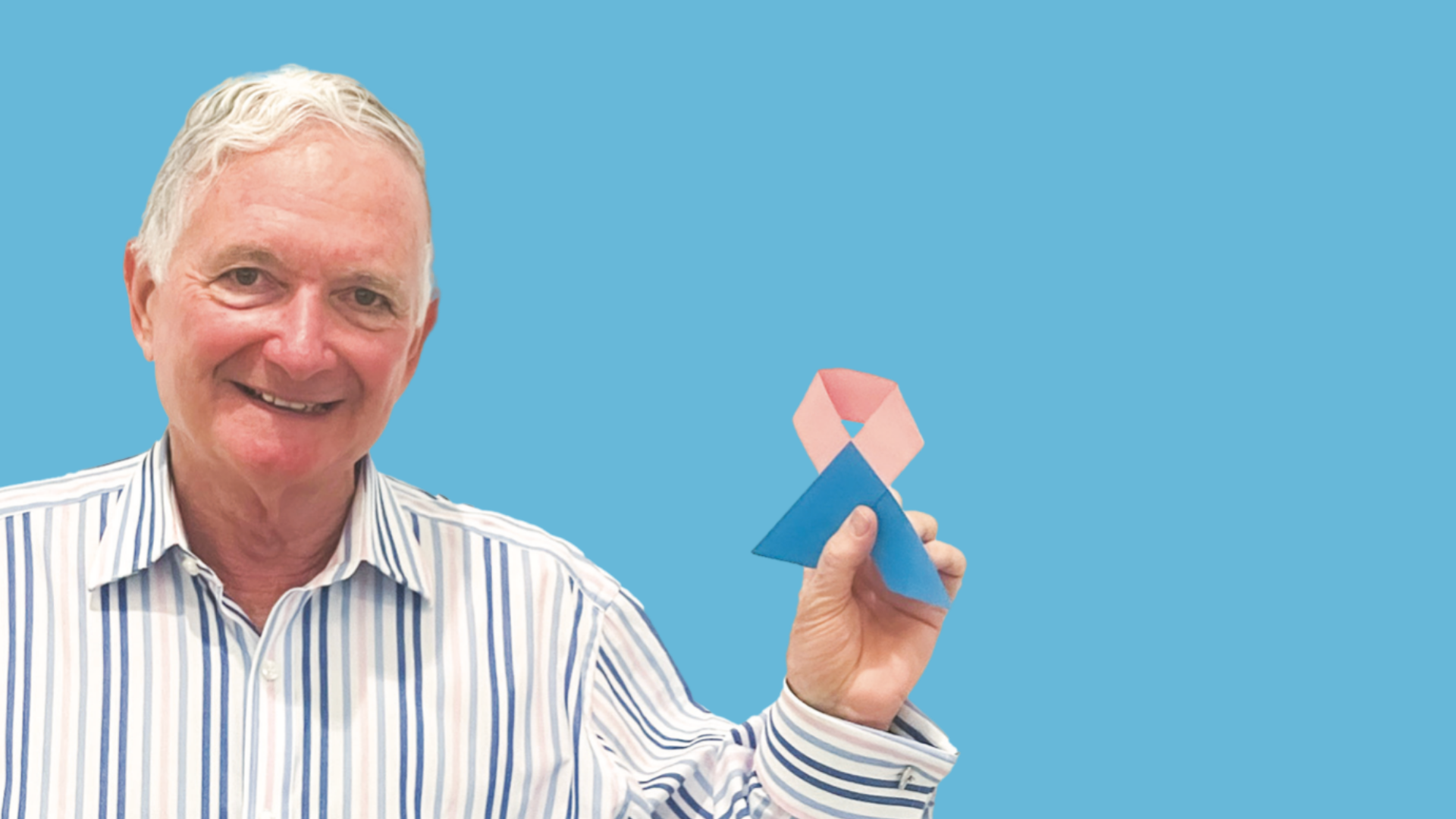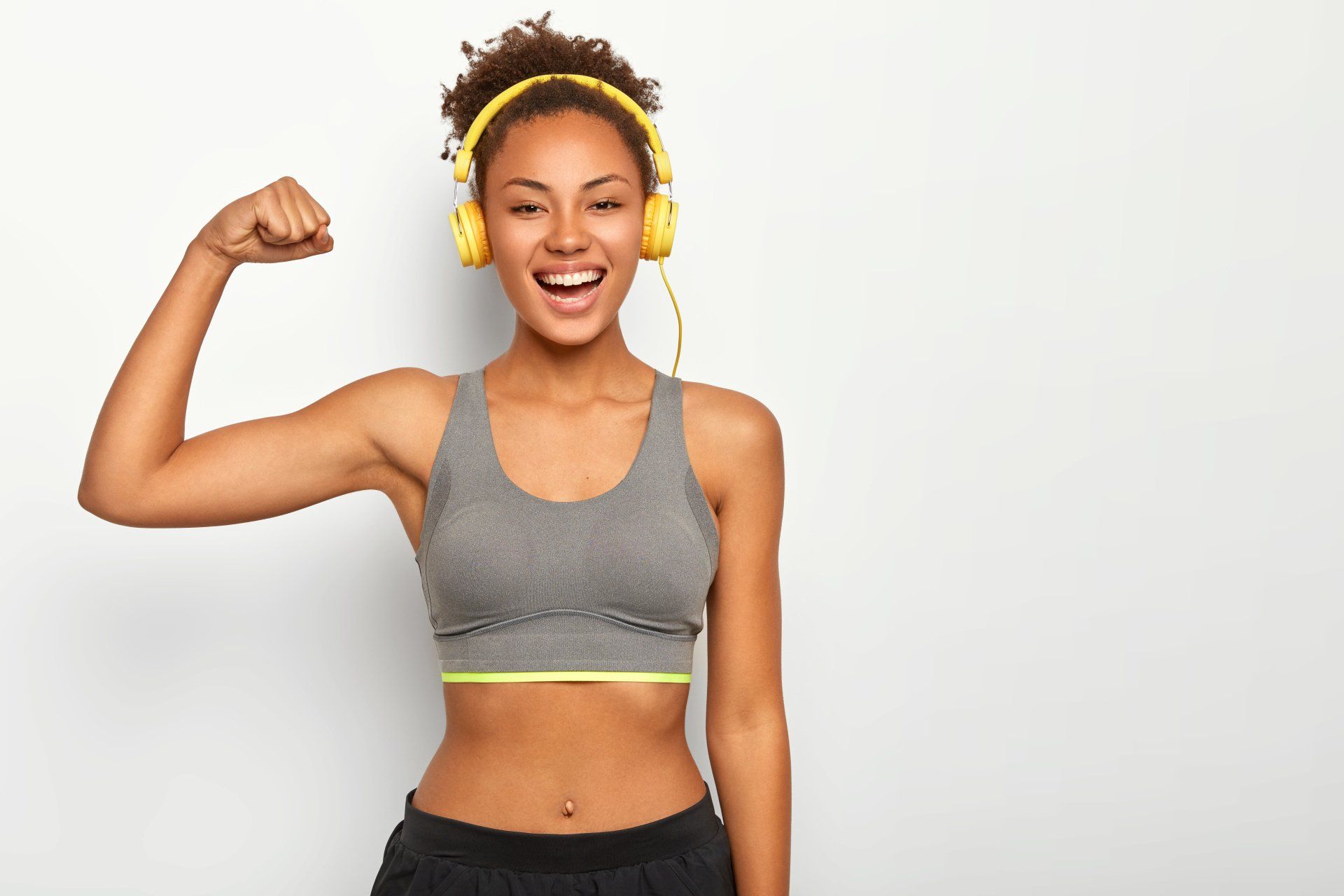The Breast Blog | The Power of Words
Mary Ling • September 1, 2018
Breast cancer affects 1 in 8 women and we all know someone who has had it. When it comes to talking to friends and loved ones about breast cancer, we can never underestimate the power of words.
Here are a few tips on what NOT to say and what to ASK your friend with breast cancer.
1. Asking about treatment
Questions about treatment are often asked with good intentions, but this can be intrusive and put pressure on your friend to open up. Comments that make assumptions can also put stress on your friend when things may not be going so well. Let your friend lead the conversation by asking milder questions.
Don’t Say
Do Say
- "How is chemo going?” “Is it working?” “Are you going to be all right?”
- “You look so well so things must be going OK”
Do Say
- “How are you?” “How’s things?”
- “Do you want to talk about the treatment?”
2. Sharing the news
Don’t assume your friend wants everyone to know. Once you have disclosed HER news it cannot be undone. Some women are intensely private and want to disclose their own news, whereas others prefer friends to spread the news. Be respectful of your friend’s wishes.
Don’t Say
Do Say
3. Offering help
- “Leslie has Stage III breast cancer, I just thought you should know.”
Do Say
- “Leslie, would you like me to tell anyone on your behalf? What would you like me to tell them?”
3. Offering help
Small acts of kindness are usually appreciated, but large ones can be a burden. The most important thing is not to force help onto your friend – allow her to agree or politely decline the offer. It is sometimes difficult for the person with breast cancer to ask people to do things, such as accompany her to treatment in case the friend is not comfortable with it. It is helpful to make it clear about what you are most comfortable doing.
Don’t Say
- “I made this for you. Please eat it because you’ve lost weight lately.”
Do Say
- "May I help by taking you to hospital if you ever need it? I’m available Tuesdays or Thursdays.”
- “I’m happy to make meals for you occasionally and can make something your whole family would like when I’m making my own meals.”
4. Suggesting alternative treatments
You may have heard about the latest wonder food, supplement or alternative therapy to benefit breast cancer. These suggestions can be a daily occurrence for the person with breast cancer who may feel stressed about trying or not trying options; not to mention cost issues. Some natural supplements, such as Echinacea and St John’s Wort, can also interfere with drugs controlling the cancer or add to side-effects. It’s best to leave treatment decisions to your friend and her medical team.
Don’t Say
Do Say
5. Comparing other cancer experiences
- “Have you tried such X? I hear it’s really good for breast cancer?”
Do Say
- “Would you like me to find out about yoga sessions at the local gym? If you are interested maybe we could go together.”
5. Comparing other cancer experiences
No cancers are exactly alike, and no two patients respond to treatment the same way. However, all patients experience uncertainty. While breast cancer survival outcomes are very good these days, your friend may not know if she is in this fortunate majority so hearing lots of stories about others’ positive experiences can be overwhelming.
Don’t Say
Do Say
Sometimes silence isn’t silent at all and often the best consolation is holding a hand when required, listening and offering advice only when asked and without necessarily providing a “solution”. As the old adage goes, our mouths often get us into trouble, but our ears never do.
- “My aunt had the same cancer. She’s fine now and I’m sure you will be.”
Do Say
- “I have heard that everyone’s breast cancer treatment is very different. I am thinking of you and wishing you the best.”
Sometimes silence isn’t silent at all and often the best consolation is holding a hand when required, listening and offering advice only when asked and without necessarily providing a “solution”. As the old adage goes, our mouths often get us into trouble, but our ears never do.




